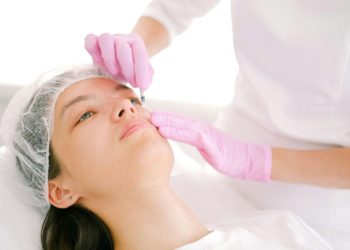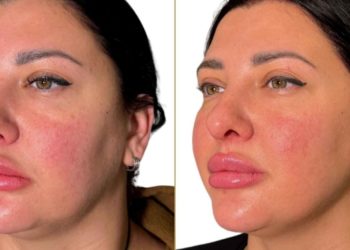Cancer is the second leading cause of death worldwide after heart disease, accounting for nearly 10 million deaths in recent years. Anxiety, fear, panic, and shock are just some of the emotions it, understandably, causes for everyone.
The plethora of advice and research relating to lifestyle choices and cancer prevention is often overwhelming and contradictory. However, several personal life and health choices have been strongly linked to preventing approximately 40% of cancer cases.
What is Oncology?
Oncology is the multidisciplinary study of cancer prevention, diagnosis, and treatment strengthened by the collaboration of healthcare professionals, researchers, charities, and patients. It is a complex branch of medicine, but advances in research by oncodesign-services.com and similar pioneering organizations continue to revolutionize cancer detection, therapies, and personalized treatments.
Lifestyle and health
Managing diet, exercise, and weight are key components of cancer prevention and enhancing the quality of life, with specific recommendations including:
Alcohol and smoking
Alcohol and smoking have been linked to several types of cancer, with those using both at greater risk of developing cancers of the oral cavity, throat, oropharynx, and esophagus. Exposure to secondhand smoke is also a significant contributor to lung cancer in non-smokers.
The chemical by-product of alcohol, acetaldehyde, causes DNA damage and prevents body cells from repairing. Greater alcohol consumption increases the risk of cancers such as liver, bowel, and mouth.
Food
A healthy, balanced diet not only tastes great but it helps to control weight. Obesity is linked to breast, bowel, and kidney cancers and several others, but it also affects treatment choices and outcomes. Sensible portion sizes and certain types of food contribute to cancer prevention.
A simple swap to a varied diet consisting of fiber and wholegrain, like bulgar, whole-grain bread, and whole-wheat pasta, can increase bowel movement, thereby reducing the risk of bowel cancer, the second leading cause of cancer deaths worldwide.
Physical activity
A daily exercise regime that is managed and controlled contributes significantly to weight loss, which again reduces the risk of cancer. Research has found that exercise during and after cancer treatment improves the quality of life physically, mentally, and socially. It may also lower the risk of cancer recurring.
Safe sex
Practicing consistent safe sex with a condom prevents the human papillomavirus (HPV), the main cause of cervical cancer and linked to cancers of the anus, penis, throat, and vagina. HPV is usually spread by skin-to-skin contact during sex by someone already infected. While most infections can be controlled and cleared naturally by the body’s immune system, untreated high-risk cases can slowly evolve into cancer.
Prevention
Individuals need to understand how their body looks and feels to prevent anxiety and fixation when something may not feel right, but awareness through regular self-checks of the skin, breasts, and genitals, while important, isn’t a guarantee of cancer prevention.
Prevention has gained a significant role in oncology and cancer management. Cancer screenings, for example, save thousands of lives a year by detecting early-stage symptoms that are easier to treat. Technological developments, while enhancing cancer detection and treatment, can only do so much as a preventative tool.
Personal lifestyle and health choices continue to determine the level of risk of cancer, with modifiable risk factors, such as not smoking, abstaining from alcohol, a healthy diet, weight control, and daily physical exercise, attributed to a significant percentage of cancer cases worldwide.
There are many symptoms and signs of cancer. People worried about cancer should contact their doctor or GP immediately to arrange further investigation or to be referred to a specialist.


![7 Best POS Software in the UK [2026 Edition]](https://todaynews.co.uk/wp-content/uploads/2026/02/7-Best-POS-Software-in-the-UK-2026-Edition-360x180.png)








































































